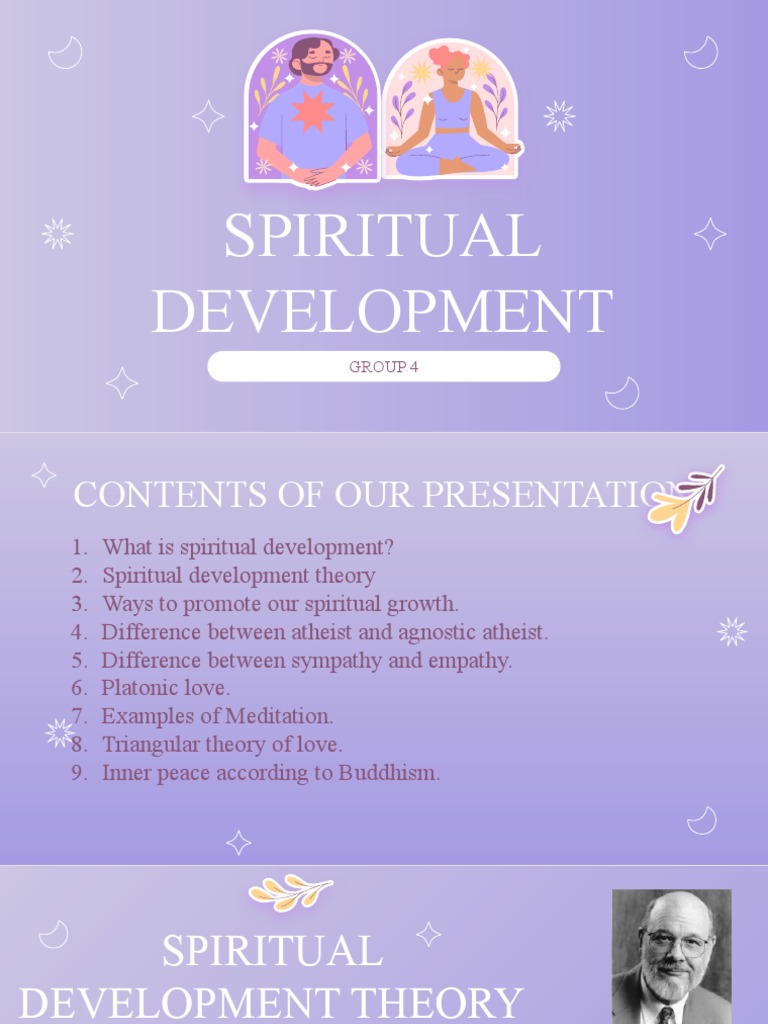The evolution of spiritual paradigms is crucial for addressing the multifaceted challenges India faces today. The Bahá’í teachings, with their emphasis on unity, equity, and spiritual development, offer a transformative model that aligns with the contemporary needs of Indian society. These teachings advocate for a developmental approach that transcends materialistic frameworks, promoting a holistic understanding of human potential. But can this spiritual model be effectively integrated into the fabric of a nation characterized by diverse cultural and religious identity?
At the core of Bahá’í philosophy is the concept of the oneness of humanity. This principle posits that despite the superficial differences that segregate individuals, such as ethnicity, religion, and culture, there exists a fundamental unity that binds all human beings. This premise is particularly pertinent in India, a nation known for its rich tapestry of cultures and beliefs. The Bahá’í approach advocates for a collective identity that fosters cooperation among diverse groups, thereby promoting peace and societal harmony.
Moreover, the Bahá’í teachings emphasize the importance of education as an integral component of spiritual development. Education, within this philosophical framework, extends beyond mere academic achievement; it encompasses the cultivation of moral and spiritual qualities. This holistic educational model aligns closely with the Indian context, where disparities in access to quality education often exacerbate social inequalities. By promoting an educational system that nurtures both intellect and spirit, the Bahá’í community seeks to empower individuals to contribute meaningfully to societal progress.
An integral facet of Bahá’í teachings is the principle of service to humanity. This tenet encourages individuals to engage actively in community development and social justice initiatives. In India, where socio-economic challenges persist, the call to service resonates profoundly. The Bahá’í Community’s initiatives aimed at rural development, women’s empowerment, and children’s education exemplify how spiritual principles can catalyze tangible improvements in local communities. Are these initiatives potent enough to inspire a broader movement towards spiritual development across the nation?
Another pivotal aspect of Bahá’í principles is the notion of consultation—an inclusive and democratic process aimed at decision-making. In a country like India, where traditional hierarchies and patriarchal systems often dictate governance and societal roles, the Bahá’í model of consultation offers a refreshing alternative. By fostering open dialogues and encouraging diverse perspectives, consultation can enhance community cohesion and effectiveness. However, can this model truly supersede entrenched societal norms and practices that resist change?
The Bahá’í community in India has been active in addressing social issues through initiatives rooted in their teachings. For instance, programs aimed at fostering gender equality and empowering women reflect the Bahá’í commitment to eradicating prejudice and discrimination. The successful integration of women into the social fabric is not only a moral imperative but also a critical component of sustainable development. Could this framework serve as a catalyst for similar movements in other sectors facing discrimination or marginalization?
Additionally, the Bahá’í emphasis on the harmony of science and religion provides a robust foundation for tackling contemporary issues such as climate change and environmental degradation. This synthesis challenges the prevailing notion that spiritual and scientific pursuits are mutually exclusive. The Bahá’í teachings advocate for the responsible stewardship of the Earth, echoing the urgent calls for sustainability and ecological balance in India. Yet, can the spiritual doctrines of the Bahá’í faith pragmatically align with the material demands posed by rapid urbanization and industrialization?
The Bahá’í model of development also prioritizes the empowerment of youth. In a nation like India, where the youth constitute a significant portion of the population, their engagement in spiritual and social initiatives is vital. By instilling a sense of purpose and responsibility in younger generations, the Bahá’í teachings cultivate a knowledgeable and compassionate citizenry ready to confront both local and global challenges. This raises an essential question: will the youth embrace these teachings, or are they more inclined towards secular ideologies that seem more immediately relevant?
In conclusion, the Bahá’í teachings present a comprehensive framework for spiritual development that is both relevant and adaptable to the complexities of Indian society. By focusing on the principles of unity, education, service, consultation, and the harmonious relationship between science and religion, Bahá’í philosophy offers a pathway to achieving a more equitable and spiritually enriched society. However, the practical application of these teachings against the backdrop of India’s socio-cultural realities poses significant challenges and questions. As the nation strides forward, it is essential to critically examine how Bahá’í principles can inspire transformative change, addressing not only immediate needs but also fostering an enduring spiritual renaissance.
